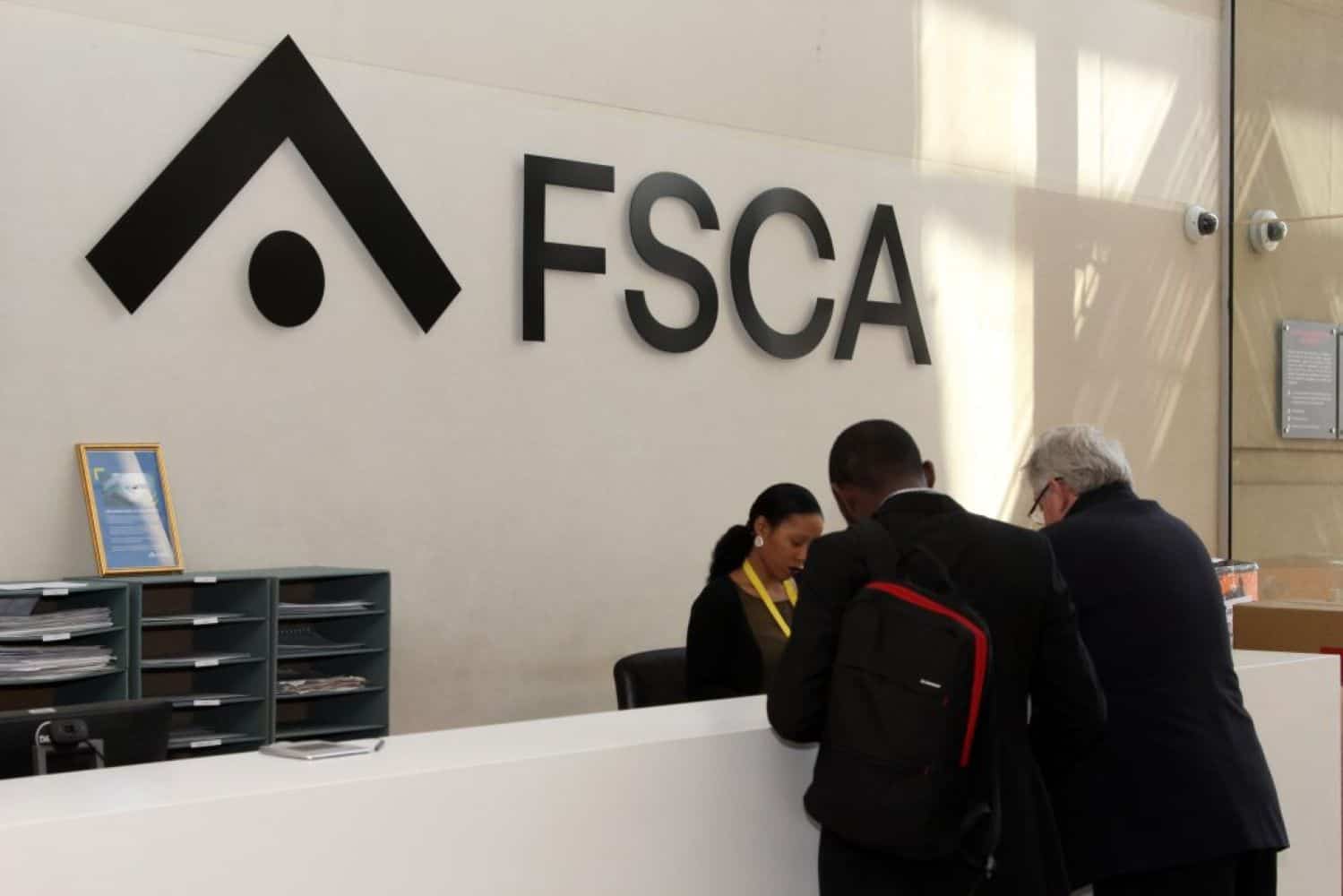Regulator finalised 78 cases in its last financial year by implementing World Bank-recommended case selection framework.
Despite having only nine investigators in its market abuse team, the Financial Sector Conduct Authority (FSCA) has had to manage some of South Africa’s most complex market abuse cases – including the fallout from the Steinhoff accounting scandal.
“It’s really been challenging,” says Alex Pascoe, head of market abuse at the FSCA. “From December 2017, when Steinhoff announced accounting irregularities and its CEO Markus Jooste resigned, everything spiralled.”
Pascoe was speaking at the launch of the South African Market Surveillance Code of Conduct in Cape Town on Tuesday, where he gave an account of the regulator’s most prominent cases over the past eight years.
The newly launched code of conduct is a joint initiative by South Africa’s key financial institutions and regulators to align the country’s market practices with global best standards.
It aims to uphold market integrity and prevent abuse, anti-competitive behaviour, and insider trading. Although it does not replace existing regulations, it reinforces accountability from all market participants.
ALSO READ: FSCA’s Regulatory Actions Report shows impressive numbers of enforcement
Case load
Pascoe notes that the FSCA receives roughly 42 to 45 market abuse cases per year, but finalised 78 cases in its last financial year by implementing a World Bank-recommended case selection framework.
“We had to look at our resources – for the last 15 years, my team hasn’t grown. We are just nine investigators.”
Pascoe reflected on how the fallout from Steinhoff forced the FSCA to re-evaluate how it allocates investigative capacity.
“Everybody knew Jooste was Steinhoff, and Steinhoff was Jooste,” he says.
“From there on it spiralled – Viceroy and Tongaat [another accounting scandal], a mini-Steinhoff followed. It took a lot of resources to manage those cases, especially since they involved cross-border transactions.”
(The Viceroy case refers to the FSCA’s investigation into the US-based short-selling firm Viceroy Research, which was fined R50 million for publishing false and misleading statements about Capitec. The Tongaat accounting scandal involved the manipulation of financial statements by senior executives at sugar producer Tongaat Hulett to overstate the company’s assets and profits.)
ALSO READ: FSCA fines Markus Jooste R475 million, refers case to Hawks
Jooste a ‘brilliant’ schemer
The Steinhoff investigation is far from over. “Last year we issued fines to Markus Jooste [of] R495 million. We are looking at his deceased estate and assets around the world,” said Pascoe.
“We won’t just leave it at that. Ill-gotten gains – be [he] dead or alive – that’s how serious we are. We are seeing this right through.”
(Jooste, who faced multiple charges of fraud and racketeering and hefty fines from the JSE and the FSCA for financial misconduct, fatally shot himself in Hermanus in March 2024.)
The South African Reserve Bank has already attached R1.4 billion in assets belonging to Jooste, but the global search continues. “Most of his funds were hidden overseas,” says Pascoe.
He adds that a second investigative report into Steinhoff is underway and has been shared with the commercial crimes court. “Once preliminary findings are in, they [respondents] could make submissions.”
Reflecting on lessons learned from Steinhoff, Pascoe says be on the lookout for a dominant CEO. The way Jooste set up the schemes was brilliant.
“Only certain individuals knew what he wanted them to know. Nobody had the full picture.”
He adds that Jooste’s devices were wiped every two weeks, and hardly anything was documented.
Steinhoff’s complex global structure, multiple acquisitions, and lack of transparency made it difficult for stakeholders to understand the company’s financial position.
“It was difficult to keep up and understand how everything fitted in,” says Pascoe.
He also points to poor internal controls and captured auditors in Europe as contributing factors. “The audits were not up to standard. And then, the culture of not questioning management.”
FSCA investigators spend about 20% of their time assisting foreign regulators, including gathering trading records and financial data.
“We’re getting requests from all over the world – Sweden, Belgium, even Pakistan,” said Pascoe. “A lot of suspicious transactions are from overseas, and no longer from the JSE.”
ALSO READ: FSCA imposed about R943 million in penalties and debarred 156 people
Shadow trading
The need for international collaboration was echoed by Tony Sio, head of regulatory strategy and innovation at Nasdaq’s Anti-Financial Crime division, who also spoke at Tuesday’s event.
Sio shared developments in market abuse investigations, including a growing focus on shadow trading – a form of misconduct that remains largely unprosecuted but which are increasingly on the radar of regulators.
“Shadow trading is where insider traders don’t trade in the companies themselves, but in economically-linked securities,” Sio explains.
Although the practice started as a hypothetical scenario in an academic journal published in 2020, it is now being observed in market data. “We found increases in volumes of linked securities before acquisitions.”
He cites the 2021 case where the executive of a pharmaceutical company learned of an imminent takeover and used the information to buy options in a rival company likely to benefit from the news.
“His options doubled in value in one day. He thought he was smart by not buying in the company itself – but he was found liable.”
ALSO READ: FSCA to investigate banks charging different amounts for the same product
Robust market surveillance attracts global investment
Happy Shihau, head of compliance at Investec Corporate and Institutional Banking, who facilitated discussions at the launch event, stresses that the newly launched market surveillance conduct code complements – rather than replaces – regulatory rules and directives.
Shihau says robust market surveillance is essential to attracting global investment.
“Investors worldwide seek to engage with trusted financial markets, and robust market surveillance is essential for upholding that trust.”
She adds that the new code will help reinforce the regulatory environment and promote responsible behaviour across the industry.
Follow Moneyweb’s in-depth finance and business news on WhatsApp here.
